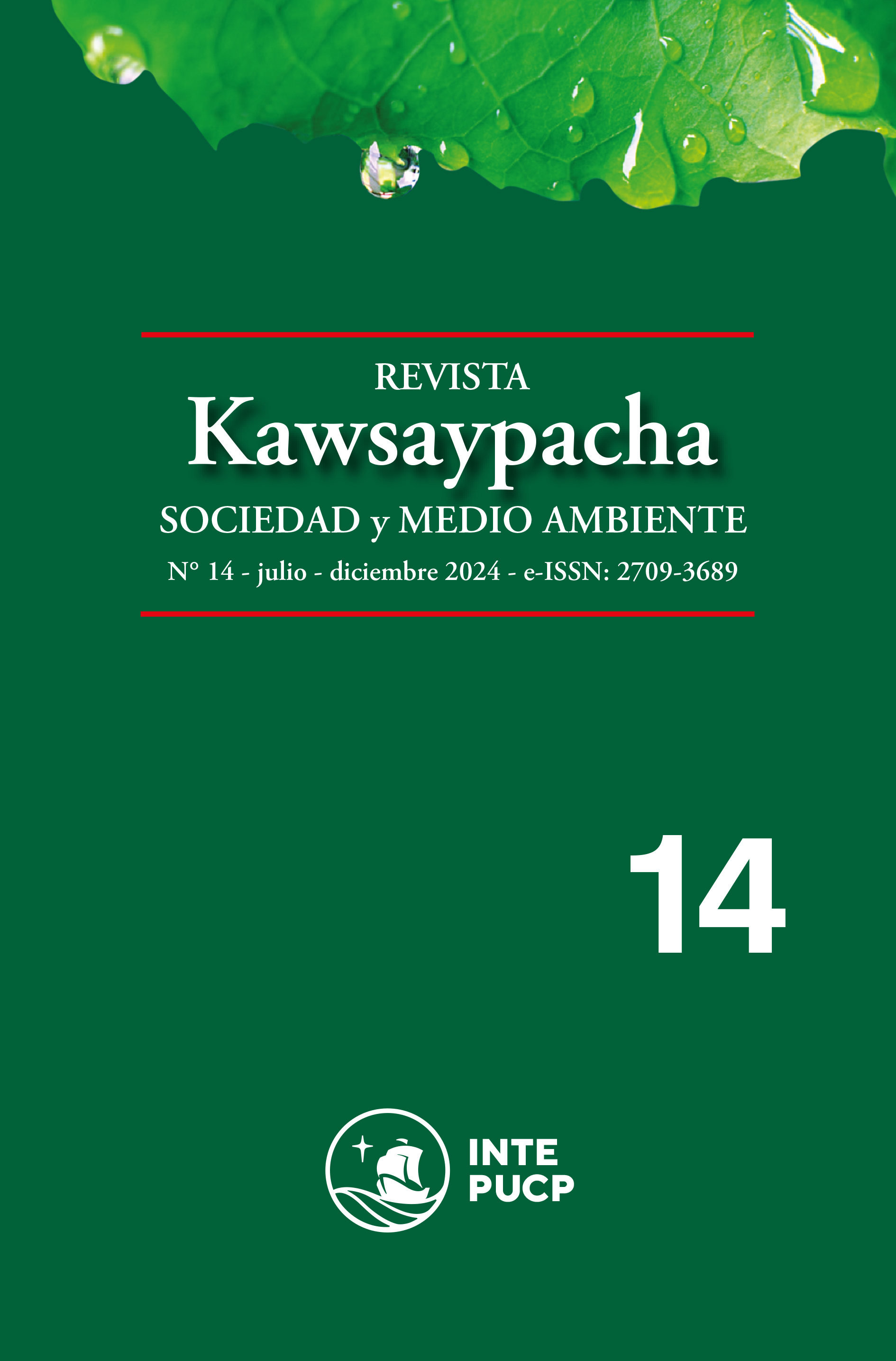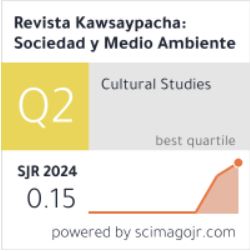Análisis del derecho penal sobre ecocidio: un estudio de caso de la guerra en Ucrania
DOI:
https://doi.org/10.18800/kawsaypacha.202402.D013Palabras clave:
Delitos penales, Daño a la salud, Seguridad, Medio ambiente natural, Graves consecuenciasResumen
Si bien las medidas que conducen a la degradación del medio ambiente ya tienen consecuencias mundiales que amenazan la existencia misma de la humanidad, la guerra en Ucrania ha demostrado una vez más la eficacia de los mecanismos jurídicos internacionales existentes en la esfera de la protección del medio ambiente. El objetivo de este estudio es analizar los mecanismos jurídicos internacionales existentes para la protección del medio ambiente desde la perspectiva de la posibilidad de criminalizar el delito de ecocidio. Sobre la base del análisis de la legislación nacional de los países que han introducido la responsabilidad penal por el delito de ecocidio, se demuestra que los enfoques nacionales para abordar esta cuestión se caracterizan por la condicionalidad histórica y tienen diferencias significativas. Estas diferencias excluyen la posibilidad de que el delincuente incurra en responsabilidad penal en ausencia de un mecanismo jurídico internacional apropiado, mientras que las consecuencias del ecocidio causan daños mundiales. Un análisis del estado de la regulación internacional ha demostrado que el principal problema con la imposibilidad de enjuiciar el ecocidio es que, a pesar de la existencia de un amplio mecanismo de protección ambiental, sigue siendo imperfecto, salvo la posibilidad de enjuiciar los delitos contra el medio ambiente relacionados con crímenes de guerra. Una evaluación de los datos presentados en los informes relativos a la guerra en Ucrania muestra que la participación en las convenciones internacionales pertinentes no garantiza en modo alguno que el país agresor no viole sus obligaciones internacionales. Se ha demostrado que el reconocimiento del ecocidio como delito a nivel internacional sigue siendo el único medio eficaz de llevar a los autores ante la justicia. Los resultados del estudio pueden utilizarse para mejorar aún más los mecanismos jurídicos para el enjuiciamiento del ecocidio, la enseñanza de disciplinas jurídicas y la investigación académica ulterior.















